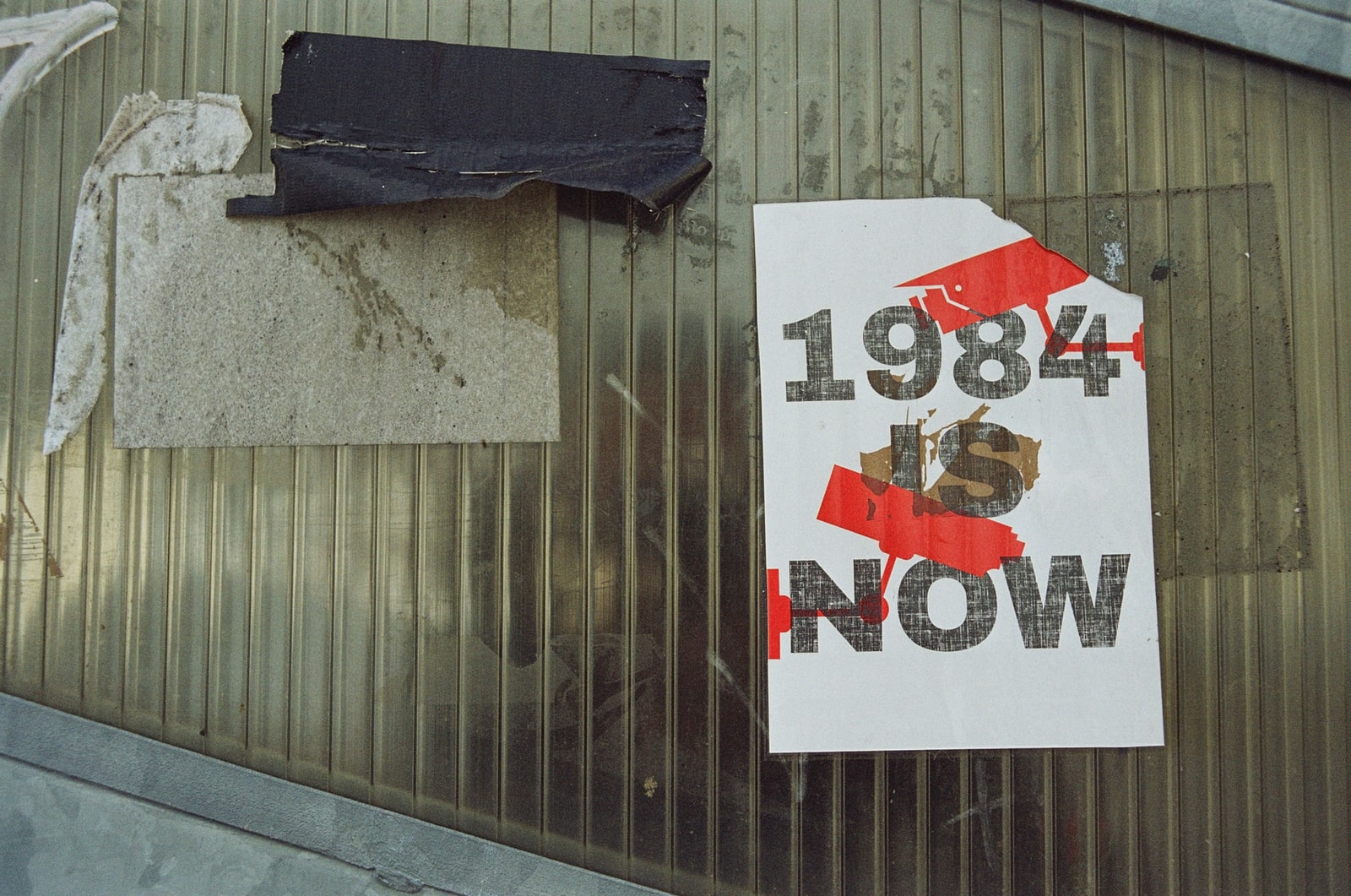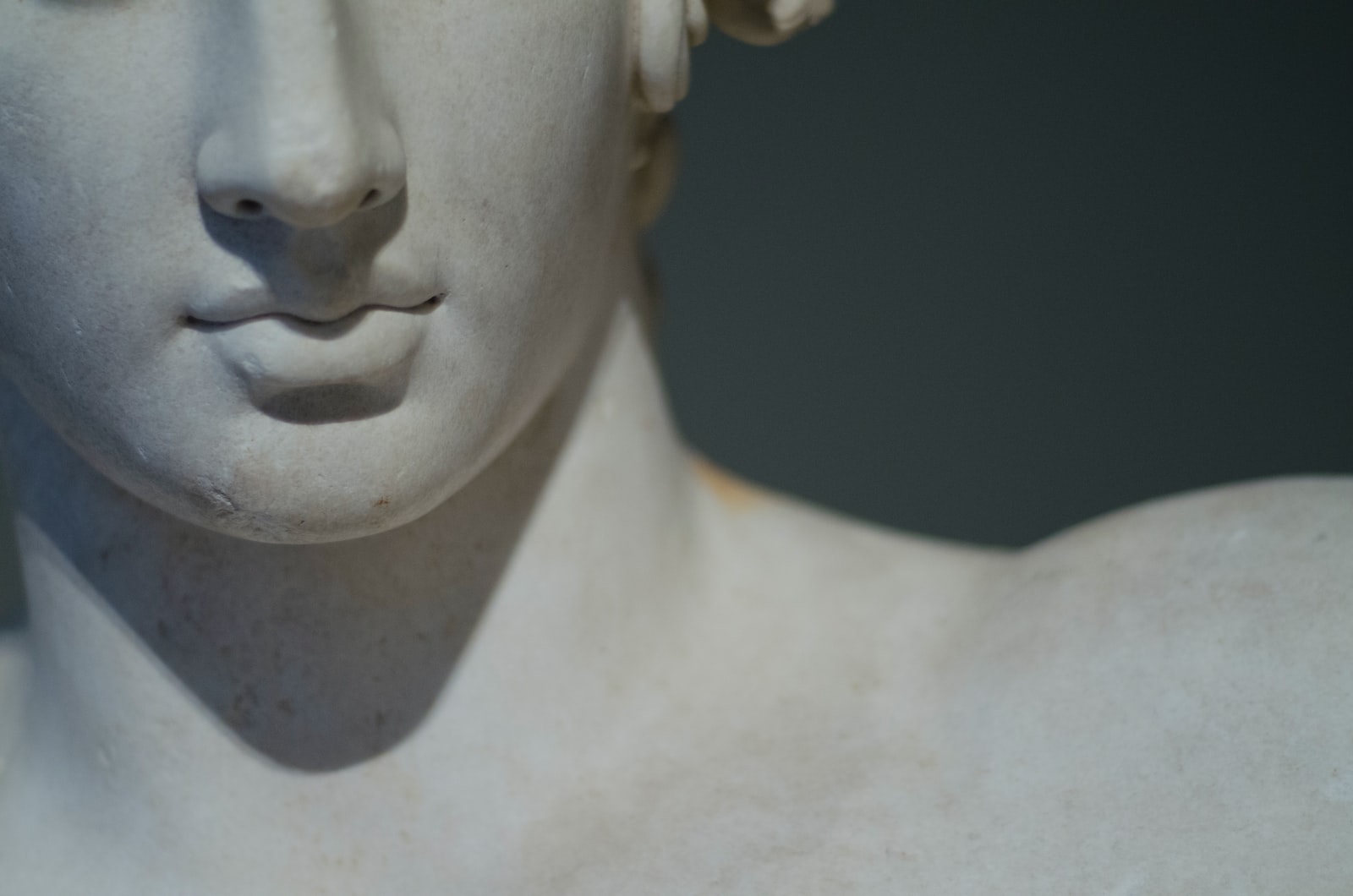
Martyn Percy: The Church of England…. Trustworthy?
May 25, 2022
From Creon to Putin “That Creon – He’s Putin Personified, Isn’t He?”
May 30, 2022When was the last time you saw a disabled person preach from a lectern?
How many lecterns in the established Church network could actually accommodate a disabled person?
I remember the first time I was asked to give a reading at a very traditional Church. It had a spiral staircase up to a tall lectern with a vast golden eagle holding the hefty bible. I felt ridiculous unfurling the piece of paper I had been given with the reading on, the language being alternative to the St James’ text the eagle bore. I felt quite dizzy, as I looked over the bride and groom, neither churchgoing people, but respecting tradition, family – I actually wasn’t quite sure. It wasn’t for me to comment. Yet, as I stood over – way over! – the crowd gathered to witness their commitment to each other, I couldn’t help but feel somewhat foolish. How is this representative of sharing the gospel with the people? I’m speaking over them, but not to them. Could a d/Deaf person read my lips from up here? Could a person living with dementia understand where the sound was coming from, or would a voice from above confuse them?
Growing up, we didn’t have these problems. I was raised in a free Church. We were planted by a Church which met in a school hall. Our branch started off in a community centre hall. There was a stage, but we didn’t use it, preferring to all stay on one level together. We all shared bread and wine (actually, Ribena) from when we were old enough to ask for it. If someone wanted to grab an instrument, they could do so. People preached, men and women. Don’t get me wrong, it wasn’t perfect. I was brought up to believe gay relationships were sinful, and to love the sinner but hate the sin.
But it wasn’t until I came into the wider world at 18, a student away from home, that I realised just how fortunate I had been. Touring Churches with the Christian Union, I experienced the elation of charismatic worship, the joy of fellowship with others my age – there had been quite a gap in ages back home with me squarely in the middle of it. But I just couldn’t find a fit. While I appreciated hymns and the beauty of traditional music, I felt stifled in High Church settings. While the freedom of charismatic settings was attractive, I was soon concerned by the messaging. The eagerness to get my name, number, be my best friend and include me in the fold. To shepherd me, guide me, when they didn’t really know me at all.
Ultimately, I didn’t end up settling in a Church at all. I got burned, badly, but that’s another story. It was well over a year before I was called to a Church, and called I was. Woken up one morning with ‘Get up and go to the Church at the top of your street’ going round and round in my head – and I am not a morning person. There, an amazing d/Deaf musician led the worship, and one of the best examples of inclusion I have ever experienced unfolded. Over the years I was there, I learned so much. Anyone who says music has to sound perfect in pitch, intonation and timbre to be beautiful, I will disagree with until my dying day, and I am a highly qualified musician!
I have been in Churches who have ramps, but you’d need to have the bravery of Evil Kneivel to ascend them. I’ve been in Churches who say they are inclusive, and probably think they are, but the only access to the stage they have is by steps; I highly doubt a wheelchair user has ever been invited to speak. I’ve been told, when discussing potential Sunday School arrangements for my autistic son, ‘I can’t make special arrangements for you or every parent will want them’. He hadn’t been able to access the setting for over a year.
Our whole faith tradition demonises disability. Literally. Jesus cast demons out of people and therefore they were cured, so disabled people must have something spiritually wrong which needs healing. They can’t be seen preaching to us, leading us, as whole, complete, spiritually connected individuals at one with God as they are. We overlook that fact that in the resurrection life, Jesus comes back to us disabled. Scarred, wounded. Traumatised after his experience. He doesn’t rise again sans spear marks and nail spikes. He comes again carrying it all. Disability is not something to be wary of. It is another aspect of the diverse human experience, which Jesus shares, embraces and sanctifies. Many of us share it too.
I am neurodiverse, undiagnosed but almost certainly autistic. I pass as neurotypical, so I have never experienced the outright ableism many of my peers have. But I have experienced discrimination because I’ve been dubbed ‘difficult’, ‘emotional’ or other such terms. Those experiences I now understand as meltdowns. If my peers had been truly inclusive and trauma-informed, I wouldn’t need to announce a label to be appropriately supported when I became overwhelmed. When I was put in spiritually abusive situations because I couldn’t understand what was going on around me. When the situation didn’t add up to what I was told it was going to be. Inclusion is not about having a hearing loop installed. It is about being aware of how society, our buildings, our actions impact others, and doing something about it.
14.6 million people in the UK are disabled. 14.6 million. But when was the last time you saw one of us preaching from a lectern? Or preaching at all?




